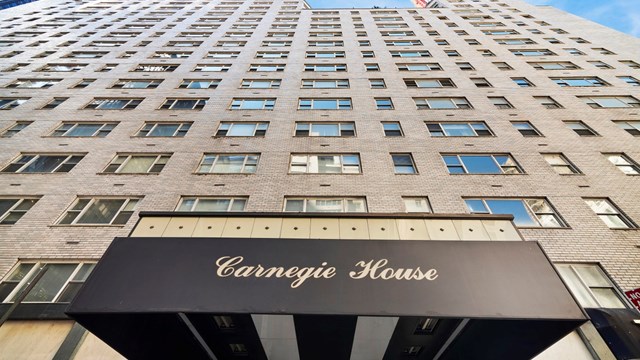New York City's new congestion pricing plan could be a financial boon to residential real estate, even if it poses an inconvenience to drivers who regularly commute into Manhattan.
In a recent interview with The Wall Street Journal, Cheng Keat Tang, a post-doctoral researcher at the University of Southern California said that the new plan, which passed the state legislature last month, could boost home values within the pricing zone, which covers from Manhattan south up to 60th Street.
Tang's theory is based on his published paper on London's congesting pricing plan, which was implemented in 2003. According to his findings, the values of homes located in that city's pricing zone went up 3 percent, which resulted in $13 billion for homeowners. The explanation for this, according to Tang, is because there would be less traffic in the affected area under congestion pricing.
While congestion pricing may sound good to homeowners, it could hurt commercial real estate. Take Singapore, for instance, which began a congesting pricing program in 1998. A Journal of Economics' study from 2015 said: “The results show that the November 2010 congestion toll rate increases cause a 19% drop in retail real estate prices within the cordon ERP [electronic road pricing] areas relative to retail real estate prices outside the cordon ERP areas. However, the toll rate hike has no significant impact private office and residential real estate within cordoned ERP area,”
Another drawback to New York' congestion pricing plan is that it could hurt home values in the outer boroughs that have inadequate public transportation options, which means residents will have to shoulder the burden of additional commuting costs. It could also hurt values for homes in areas near the zone borders. Said Mark Chin of the real estate firm Keller Williams Tribeca: "If I were looking at real estate in the 60s, I would be thinking [the pricing plan] could have a slightly negative impact,"
Last month, the New York State Legislature approved the congestion pricing plan that was included in the state's budget. It is expected to generate about $15 billion, and the money raised from the program will help fund the city's ailing transit system. There is no word yet on how much drivers will have to pay, though the estimated fees could range from $12 for cars to $25 for trucks who cross into Manhattan during peak hours.
The transit advocacy organization Riders Alliance hailed the plan's approval by the state's legislators. In a statement, John Raskin, the group's executive director, said: "This state budget is great news for subway and bus riders, who have been advocating for fair and sustainable sources of funding to fix our ailing transit system. The billions of dollars raised through congestion pricing and other new revenue sources will help modernize the MTA with new train signals, new subway cars, and faster and more reliable bus service.”
However, delivery service owner Rocky Karla told The Guardian that the fees incurred by the new plan would force him to charge his customers more. “They’re saying it’s going to help in lowering the congestion. I don’t think so because everybody has to come here. They have to come here to make money, they come here for business, and they have no choice.”
David Chiu is an associate editor at The Cooperator.







Leave a Comment